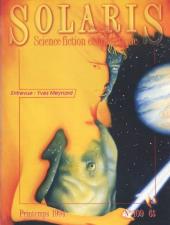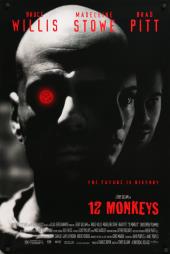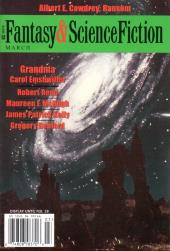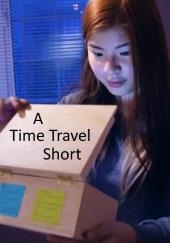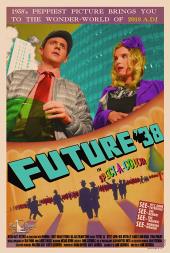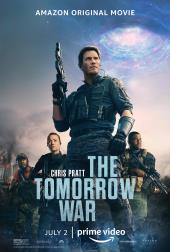Same pandemic backstory as
the movie, similar names for the characters, no Bruce Willis, and a mishmash of time-travel tropes along with tuneless minor-key chords in place of actual tension and slowly spoken clichéd dialogue in place of actual plot. Random discussions of
fate brush shoulders with an admixture of possible time travel models from
narrative time (when a wound sprouts on old JC’s shoulder while watching young JC get shot), to
skeleton timelines (JC thinks that his timeline will vanish if he succeeds), to a fascination with a single static timeline (you’ll see it in Chechnya) and
time itself has an agenda. Primarily, we’d say that the story follows narrative time from Cole’s point of view.
By the end of the first season, one principal character has seemingly been trapped in the 2043, and Cole is stuck in 2015, having just gone against fate in a major way, but with a third principal character poised to spread the virus via a jet plane.
P.S. Whatever you do, whether in narrative time or elsewhen, don’t bring up this adaptation as
dinnertime conversation with Terry Gilliam (but do watch it if you can set aside angst over a lack of a consistent model and just go with Cole’s flow).
—Michael Main He had boarded the kettle in the 575th Century, the base of operations assigned to him two years earlier. At the time the 575th had been the farthest upwhen he had ever traveled. Now he was moving upwhen to the 2456th Century.

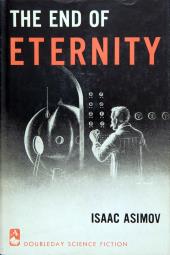
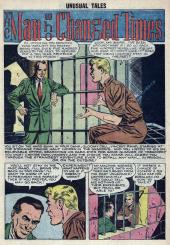

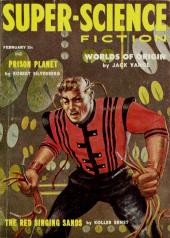
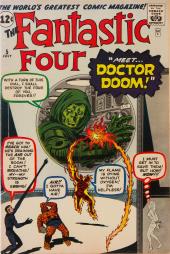
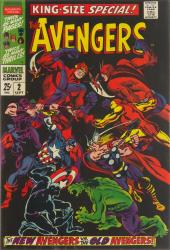
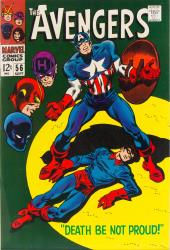
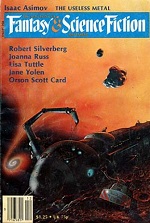
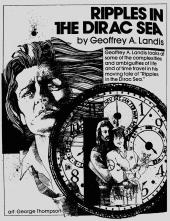
![Quantum Leap [s01e01-02]: Genesis A worried Scott Bakula (as Sam Beckett), dressed as a test pilot, stares out of
the small cockpit of the experimental X2 plane.](https://img.ittdb.com/000000/21/07S-21-000000.jpg)
![Quantum Leap [s01e03]: Star-Crossed Teri Hatcher (as Donna Elesee) and Scott Bakula (as Sam Beckett) study a book
together at a library table.](https://img.ittdb.com/000000/35/03S-35-000000.jpg)
![Quantum Leap [s01e04]: The Right Hand of God Michelle Joyner (as Sister Angela) leans to one side and waves into a boxing
ring.](https://img.ittdb.com/000000/35/04S-35-000000.jpg)
![Quantum Leap [s01e05]: How the Tess Was Won Covered in mud in a pig sty, an exasperated Scott Bakula (as Sam Beckett) holds
up a piglet.](https://img.ittdb.com/000000/35/05S-35-000000.jpg)
![Quantum Leap [s01e06] Double Identity Dolled-up Terri Garber (as Teresa Pacci) leans back and reaches up to give
Scott Bakula (as Sam Beckett) a romantic kiss.](https://img.ittdb.com/000000/35/06S-35-000000.jpg)
![Quantum Leap [s01e07]: The Color of Truth Howard Matthew Johnson (as an older Black man, Jesse Tyler) looks out from a
reflection in a window at Scott Bakula (as Sam Beckett).](https://img.ittdb.com/000000/35/07S-35-000000.jpg)
![Quantum Leap [s01e08]: Camikazi Kid In the front seat of an old car, Holly Fields (as Jill) explains the workings
of a new dashboard gadget to Scott Bakula (as Sam Beckett).](https://img.ittdb.com/000000/35/08S-35-000000.jpg)
![Quantum Leap [s01e09]: Play It Again, Seymour Dressed in overcoats and fedora hats, Claudia Christian (as Allison Grimsley)
and Scott Bakula (as Sam Beckett) stare into each others eyes.](https://img.ittdb.com/000000/35/09S-35-000000.jpg)
![Quantum Leap [s02e01]: Honeymoon Express Dean Stockton (as Admiral Al Calavicci) sits at attention in his dress-white
uniform.](https://img.ittdb.com/000000/35/10S-35-000000.jpg)
![Quantum Leap [s02e02]: Disco Inferno Scott Bakula (as Sam Beckett in a white suit with wide lapels) strikes a disco
dance pose with one hand pointing high into the air.](https://img.ittdb.com/000000/35/11S-35-000000.jpg)
![Quantum Leap [s02e03]: The Americanization of Machiko Scott Bakula (as Sam Beckett) and Leila Lee Olsen (as Machiko, dressed in a
Japanese robe) pick daisies on the roadside.](https://img.ittdb.com/000000/35/12S-35-000000.jpg)
![Quantum Leap [s02e04]: What Price Gloria? A fed-up Scott Bakula (as Sam Beckett) sits at a dinner table wearing a fancy,
low-cut dress and frilly hat.](https://img.ittdb.com/000000/35/13S-35-000000.jpg)
![Quantum Leap [s02e05]: Blind Faith In a tux and sunglasses, Scott Bakula (as Sam Beckett) sits at a concert piano
while Dean Stockton (as Al) holds his sheet music.](https://img.ittdb.com/000000/35/14S-35-000000.jpg)
